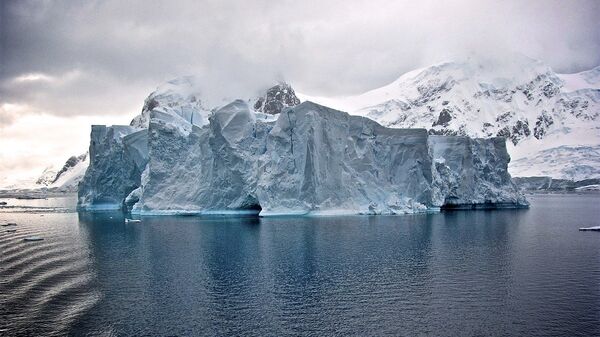"We'd never seen a temperature this high in Antarctica," Brazilian scientist Carlos Schaefer told AFP.
The temperature was recorded by Brazilian scientists at Seymour Island, home to Argentina’s Marambio Base, on February 9. The reading is almost a whole degree higher than the previous Antarctic record of 19.8 degrees Celsius, set at Signy Island in January 1982, the Guardian reported.
However, despite the alarming number, Schaefer warned against reading too much into it because it “has no meaning in terms of a climate-change trend” just yet.
"We can't use this to anticipate climatic changes in the future. It's a data point. It's simply a signal that something different is happening in that area,” Schaefer added, AFP reported.
The reading on Seymour Island comes after the UN World Meteorological Organization (WMO) announced last Friday that an Argentine research station thermometer on the Antarctic Peninsula had recorded a temperature of 18.3 degrees Celsius, a reading that, if officially confirmed, would surpass the previous record at the facility by 0.8 degrees Celsius.
The Antarctic Peninsula, located on the continent’s northwest tip near South America, is one of the globe’s fastest warming areas, and has experienced a 3-degree Celsius increase in average temperature during the last half-century, the WMO reported in a 2017 news release.
In addition, a report released in early January by the Copernicus Climate Change Service (C3S), an agency supported by the European Union, found that global average temperatures in 2019 were 1 degree Fahrenheit higher than the average between 1981 and 2010; only 2016 was hotter than 2019 globally, by less than one-tenth of a degree Farenheit.
High temperatures made headlines around the globe in 2019, as several heat waves spread across continental Europe in June and July. Meanwhile, sea ice in Alaskan waters has completely melted away, according to satellite data from the US National Weather Service, while unprecedented bushfires have burned down around 11 million hectares of Australian land since September.



